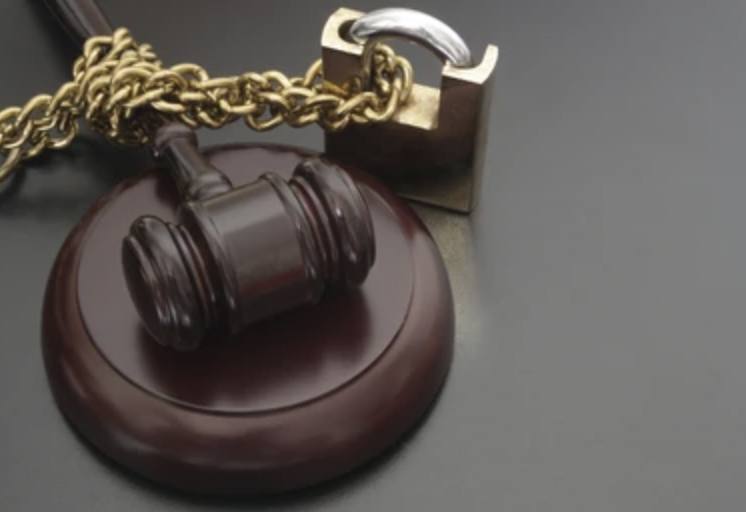Christians often grapple with the degree to which they should be invested in the general culture and political climate. As near as I can determine, no Biblical formula exists. We are to be led by the Holy Spirit, and prayerfully move as He directs.
In point of fact, two equal and opposing dangers exist for Christians— to be fully detached from culture or to be thoroughly enamoured with it. If we become singularly enamoured with culture, we succumb to idolatry. If we live in indifference to our culture— including its politics— we fail in our Christian charity. We ignore our Lord’s command to be salt and light to the nations.
Hence, I have long concluded that culture must always be the “forward operation” of the Church. Yes, culture is dangerous, but Jesus never guaranteed His disciples’ safety. If we merely abandon politics and culture, Christians will leave real people— souls for whom Christ died— exposed to all manner of unchallenged and unchecked influences, rather than to the One who alone loves them as they ought be loved, teaches them as they ought to be taught, and saves them as they need to be saved.
As many of you know, I’m passionate about the Gospel’s connection to Western culture, and I continue to note the strong correlation between the Biblical covenant (ex. Joshua 24:25-28), and our traditional constitutional priorities. Christians fundamentally need a general freedom of speech in order for the Church to publicly articulate the most precious speech of all— Gospel truth— even when such truth becomes politically unpopular and culturally uncomfortable.
And this leads me to a recent concern. I’ve noticed a pattern in a number of contemporary judicial decisions in Canada that stab at the spiritual heart of our constitutional thought.
Of late, how many times have you heard a judge or judicial body in Canada say something like this: “We believe in freedom of ______ (fill in the blank), but, of course, such freedoms are not absolute. They have reasonable limits, and should be balanced against competing interests.”
“Reasonable limits”— how I am beginning to hate that phrase!
Is there nothing inviolate? Does judicial fiat reasonably define what is “reasonable”? Regularly, the judicial invocation of the phrase seems like lazy license. Judges apparently don’t want to establish absolute limits on the State’s political or safety objectives, so they invariably rule against individuals of conscience by invoking this fashionable, but facile mantra.
As many have observed in the last year, multiple judges in several Canadian Provinces didn’t want to define the actual limits of Provincial health policy regarding church worship, so they spoke about “reasonable limits” on religious (or other) freedoms instead. Likewise, arbiters have ruled that it’s “reasonable” to fire people who have conscientious objection to enforced experimental vaccination.
Convenient.
Here’s a prediction: if Biblically conservative activist, Bill Whatcott, ends up in another Canadian prison for his green spandex appearance at Toronto’s Pride parade a few years back, it will be because yet another judge believes in even more “reasonable limits” on freedom of expression.
Given, therefore, the new Canadian penchant for setting arbitrary limits on “fundamental freedoms”, note well the recent judicial review of Professor Jordan Peterson’s articulations on social media. Ontario’s College of Psychologists thinks that they have an obligation to place “reasonable limits” on this professor’s chatter through a form of “sensitivity training” or similar. And the overseeing Canadian judge (of course!) agreed with the College:
“Requiring coaching following apparently unheeded advice seems a reasonable next step, proportionately balancing statutory objectives against Charter rights, which are minimally impaired, if they are impaired at all” (via Dawson, National Post, 08-23-2023).
To reiterate, a professional association compelling a Professor to attend an indefinite re-education “camp” because he is perceived to have caused offence to some individual complainants is “reasonable”, according to the judge— even though the complainants didn’t actually possess legal standing.
So, one is free to speak, evidently, but not free enough to avoid any re-education attempts by the overseers of the professional gulag. Short of allowing violence itself, could Colleges place any larger incentives in the hands of the politically malcontented?
Queens University professor of law, Bruce Pardy, seemed somewhat incredulous when noticing that the Ontario judge called the College of Psychologists’ re-education order “a reasonable exercise of the regulator’s authority.” Tellingly, Pardy noted that “in the era of judicial deference to the administrative state, constitutional rights do not mean what many Canadians think they mean.”
They increasingly mean next to nothing.
Admittedly, Dr. Peterson’s Twitter-X feed isn’t always edifying to some, but I’m acutely aware that Biblical, prophetic truth can possess at least as many “teeth” as any flippant or rude remark. Does one need to wonder what this easily offended generation would have done to Amos, John the Baptist, or Jesus himself— with the help of today’s “reasonable” jurisprudence?
As I was also reminded, this is the same descent— the same constitutionally corrosive “gradualism”— which dispensed altogether with “Charter rights” in the case of Christian Trinity Western University, in favour of the ever-mysterious (and likely ever-morphing) “Charter values”.
Convenient to power, yet again.
Hence, I now wonder whether Canadians actually have a working Charter at all. Shockingly, few citizens seem all that concerned, but the implications are staggering. A nation whose executive power is no longer bound by the textual literalism of its constitutional covenant can do anything to anyone— either indirectly through its complicit bureaucracy, or directly if necessary.
Evidently, Canada increasingly possesses enough judicial whimsy to enable this kind of moral and political disaster; it now just awaits the political strongman to execute it.
God help us.

